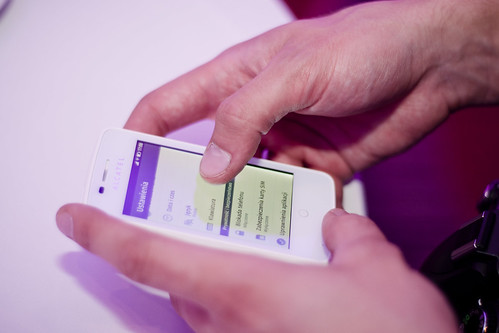Every year there are a lot of people who end up being very happy because they’re getting refunds from both state and federal tax returns. This allows people to plan different ways of spending all that newly found money; who wouldn’t want to do that?
Actually, there are a lot of people who purposely try to minimize their tax refund, to the point that if they can break even they feel like they’ve maximized their money all year. What are they possibly thinking?
If you get a big refund, it means you paid more tax than you needed to. In essence, you’ve allowed the government to use your money to grow their own instead of you being able to enjoy it or even invest it yourself so that you could benefit from the fruits of your labor.
Being able to spend extra money during the year might sound like a lot of fun. Investing that extra money makes a lot more sense.
Think about it like this. Say your refund is $500. If you invested that instead of allowing the government to use it or you spending it on your own, and you were able to get it into an investing that paid 5% on the year, you’d earn around $25 or so. That doesn’t sound like a lot of money, but stick with us.
Not only would you have started growing your own money but you don’t pay taxes on the money you’ve invested as long as you allow it to stay where it is. That wouldn’t be a major discount on what you’d pay in taxes, but it would bring what you owe down a little bit. And, if you continued adding that same $500 a year, your growth would be around $6,700 in 10 years, all nontaxable.
Of course the idea is that you’re actually investing more money than just that $500, but it all helps an it’s all tax free growth.
It’s something to think about, although if you’re using your refund for that Caribbean cruise you’ve dreamed about all summer it’s probably a tougher choice to make than it should be.
